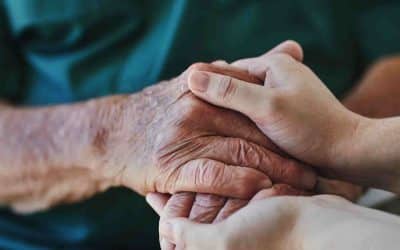A French start-up, Wandercraft, founded by Nicolas Simon, a young graduate from France’s renowned Ecole Polytechnique engineering school has just announced the test phase for his exoskeleton called “Atalante”. The objective is for quadriplegics or those with muscular dystrophy to be able to get up and to walk without help.
In the past few years, individuals with physical disabilities, especially paraplegics have been given new hope by the latest assisted technologies. Some are thus able to walk again, thanks to exoskeletons or other bionic prostheses.
Last June, an American lady who loved trekking and has been paraplegic since 2014, was able to climb the Appalachian Mountains using an exoskeleton developed by the Ottobock company.
Last summer during the Paralympics held in Rio, Marie-Amélie Le Fur, a French woman, was able to run thanks to a prosthetic blade inserted to replace her left leg, winning both a gold and a bronze medal.
Last September, a young British lady, Claire Lomas, paralyzed after falling from a horse in 2007, was able to finish the UK’s Great North Run half-marathon in 5 days with her exoskeleton.
The “Cybathlon 2016” was held In Switzerland last October: a competitive sporting event for disabled athletes fitted with novel assisted technology, such as exoskeletons. This event does not focus on sport performance, but on encouraging research progress. Disabled athletes from 25 countries participated using high-tech assisted equipment.
Nevertheless, the border line between treatment and enhancement is sometimes very teneous. Thus, Marie-Amélie Le Fur recently exposed her concerns regarding these technologies which are progressing faster and faster: “There is no point correcting a disability to surpass our limitations. (…) I have often wondered where I would stop. Transhumanism frightens me. To exclusively focus on our body as an instrument leads us astray. Shall we be able to control the high-tech equipment installed in our bodies? I’m not so sure.”



